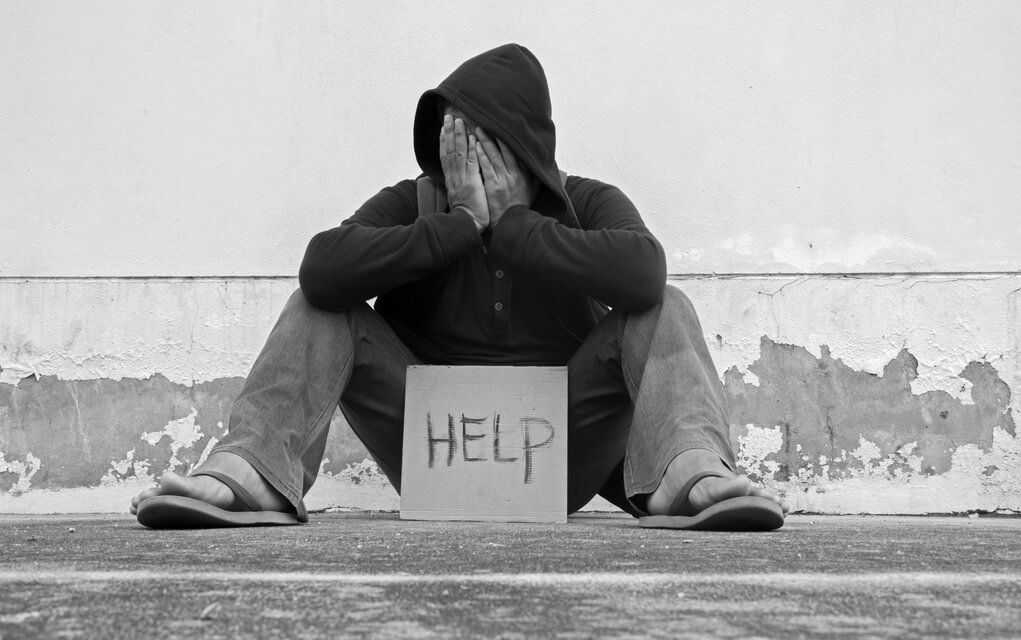
A new policy pushes involuntary rehab for drug users, raising ethical and logistical concerns.
Story Overview
- The President is pushing for stricter involuntary rehab laws amid a rehab bed shortage.
- Massachusetts reports increased overdose risks after forced treatments.
- Ethical debates arise over civil rights and treatment efficacy.
- Challenges include high costs and limited treatment infrastructure.
Presidential Push for Involuntary Commitment
In 2025, the President announced an initiative to enforce stricter involuntary commitment laws targeting individuals with severe drug use disorders. This move aims to address the escalating overdose crisis. However, significant obstacles exist, including the high cost of rehabilitation and a critical shortage of treatment beds for those seeking help. The initiative has sparked a national debate on the balance between public health safety and individual rights.
These laws have their origins in mental health statutes, which permit forced treatment for individuals deemed a danger to themselves or others. Over 25 states expanded these statutes between 2015 and 2018. Despite their intentions, a recent Massachusetts Department of Public Health report showed increased overdose risks following involuntary treatment, highlighting the need for careful consideration and potential reform.
Infrastructure and Resource Challenges
The U.S. faces a critical shortage of treatment infrastructure, with many facilities at or over capacity. Medicaid serves as the primary insurer for most individuals in treatment, yet the funding remains insufficient. Over 21 million Americans required treatment for substance abuse in 2019, but less than 20% received it, and only 12.2% accessed specialty facilities. The situation underscores the pressing need for expanded infrastructure to accommodate the growing demand.
Efforts to expand involuntary commitment are further complicated by the high taxpayer costs associated with forced treatment. This financial burden, coupled with systemic resource shortages, poses significant challenges to implementing the President’s directive effectively. States vary widely in their approaches, with some using correctional facilities for treatment, raising ethical concerns about the intersection of healthcare and incarceration.
Ethical and Legal Debates
Involuntary commitment raises serious ethical and civil rights concerns. Critics argue that forced treatment is akin to incarceration rather than healthcare, especially given the increased risk of overdose and death post-release. Legal scholars highlight the potential risks to individual liberties and due process, urging caution and prioritizing voluntary, evidence-based treatment strategies.
Proponents of involuntary commitment argue that it can save lives when voluntary treatment fails. However, addiction specialists warn of the potential dangers, citing the Massachusetts data that links involuntary treatment to higher risks of non-fatal overdose. As debates continue, stakeholders, including healthcare providers, civil rights advocates, and families, emphasize the need for a balanced approach that respects individual rights while addressing public health concerns.
Sources:
Health and Human Rights Journal (2025)











